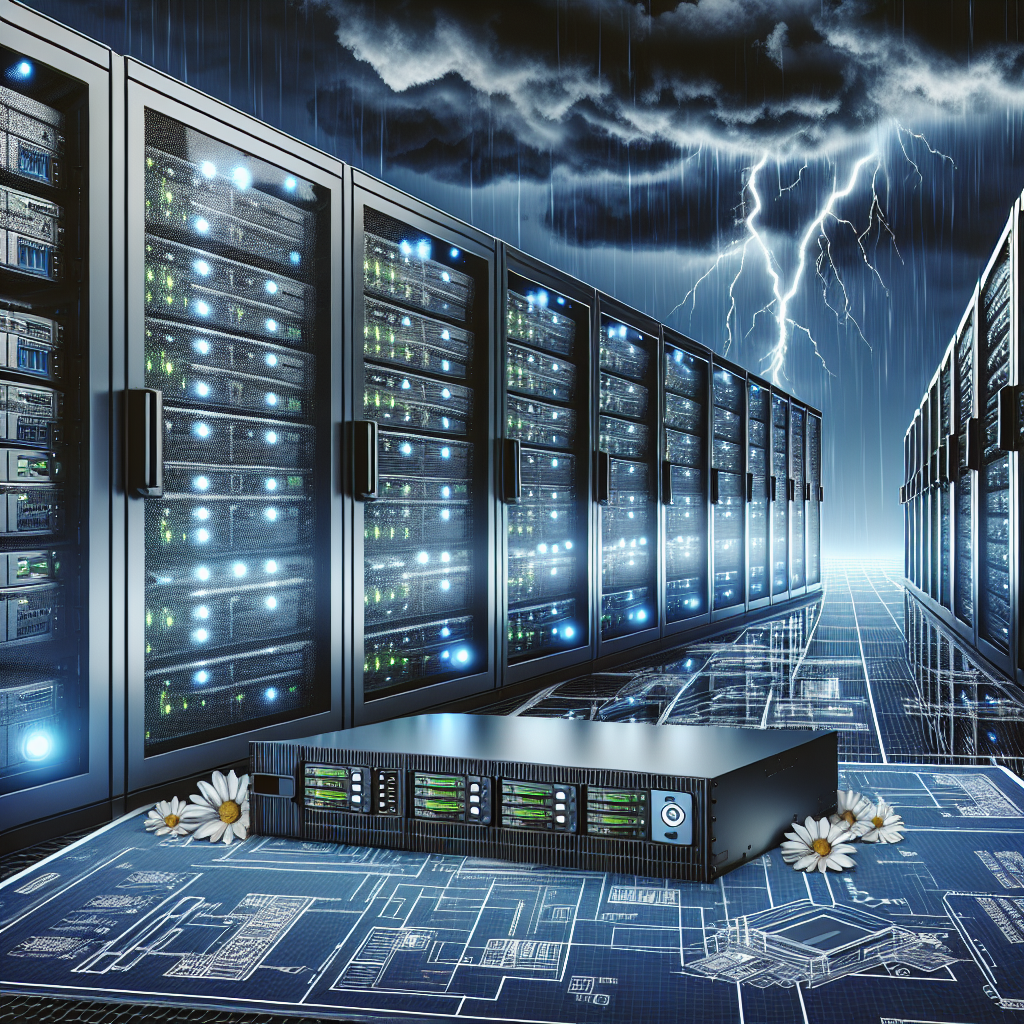Your cart is currently empty!
Ensuring Data Center Resilience: The Importance of UPS in Disaster Recovery Planning

In today’s digital age, data centers play a crucial role in storing and processing massive amounts of information for businesses and organizations. With the increasing reliance on technology, ensuring the resilience of data centers has become a top priority for IT professionals. One key component of data center resilience is the implementation of Uninterruptible Power Supply (UPS) systems in disaster recovery planning.
UPS systems are essential for safeguarding data centers from power outages and ensuring continuous operation of critical infrastructure. In the event of a power failure, UPS systems provide backup power to keep servers, storage devices, and networking equipment running until normal power is restored or a standby generator kicks in. This ensures that essential services remain operational and data is protected from potential loss or corruption.
Disaster recovery planning is essential for data centers to mitigate the impact of unforeseen events such as natural disasters, equipment failures, or cyber-attacks. UPS systems are an integral part of disaster recovery planning as they provide a reliable power source to keep data centers up and running during emergency situations. By ensuring the availability of backup power, UPS systems help prevent costly downtime and minimize the risk of data loss.
In addition to providing backup power, UPS systems also offer protection against power surges, spikes, and fluctuations that can damage sensitive electronic equipment. By regulating the incoming power supply and providing a stable voltage output, UPS systems help prolong the lifespan of data center equipment and reduce the risk of hardware failures.
When selecting a UPS system for a data center, it is important to consider factors such as capacity, scalability, efficiency, and reliability. The UPS system should be able to support the power requirements of the data center equipment and provide sufficient runtime to allow for a smooth transition to backup power or generator power during an outage.
Regular maintenance and testing of UPS systems are essential to ensure their reliability and effectiveness in disaster recovery scenarios. IT professionals should conduct routine inspections, battery replacements, and performance tests to identify and address any potential issues before they impact the operation of the data center.
In conclusion, UPS systems play a critical role in ensuring the resilience of data centers and are an essential component of disaster recovery planning. By providing backup power and protection against power disturbances, UPS systems help safeguard data center operations and minimize the risk of downtime and data loss. IT professionals should prioritize the implementation of UPS systems in their disaster recovery plans to ensure the continuous availability of critical services and data.

Leave a Reply